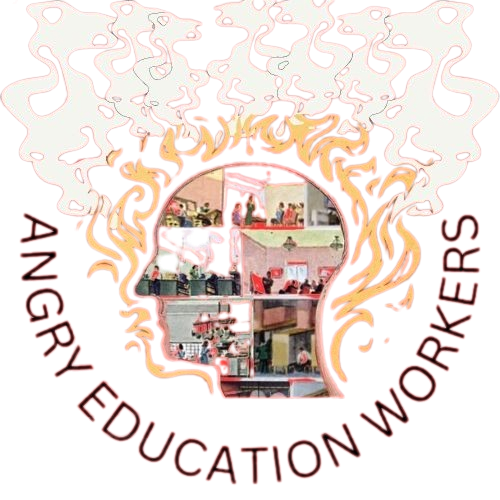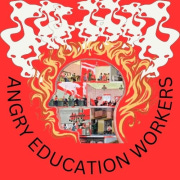An Abridged Education Workers' Self-Inquiry
We selected the most important questions from our pamphlet "An Education Workers' Self-Inquiry" to pose to fellow education workers in the DMV region.
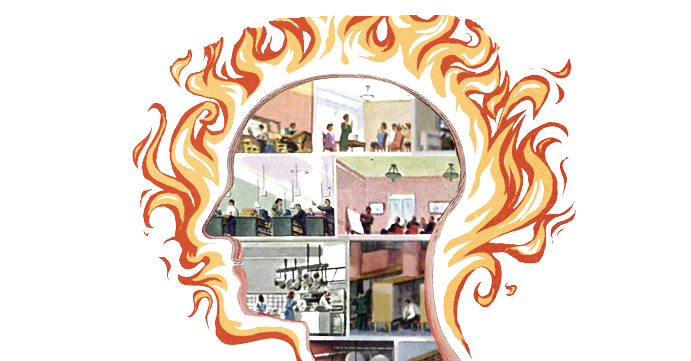
We’re working on a series of education workers’ self-inquiries focused on the Washington, D.C., Maryland, and Virginia (DMV) region. Look forward to articles written by workers in D.C. Public Library, the Smithsonian, charter schools, and more! To guide our investigation, we have selected the most important questions from our key text titled “An Education Workers’ Self-Inquiry”. You can find the full text here:
An Education Workers' Self-InquiryAngry Education Workers, IWW DMV EWOC, and 3 others·Feb 15With so many new subscribers to our newsletters, we are republishing a few key texts created by the collective in its early days while we prepare new workers’ inquiries, organizing updates, and essays on labor strategy. Last week, we republished our piece about working class strategy during coups and civil wars. This week, we present to you “An Educatio…Read full story
The capital city of the United States and its surrounding metropolitan area is often overlooked as a center of social production and reproduction, as well as a site of escalating collective working class struggle. It’s a contradictory region that is simultaneously the center of the Military-Industrial Complex and a historical hub for the Black Freedom Struggle from the Civil War through the present; and that’s just to name one example. A unique cultural landscape has formed within a mess of several local, state, and federal jurisdictions. Beneath the political intrigue, millions of ordinary working people keep the nation’s fifth largest metropolitan economy humming along.
There are also economic, social, and political dynamics to analyze that reveal broader similarities with other urbanized regions around the world. Our nation’s, and world’s, educational institutions have been shaped by those based in and around Washington, D.C. We hope to make these connections clear by publishing workers’ self-inquiries by education workers from across multiple sectors in the region’s industry. In addition, we hope to jump-start series of workers’ inquiries in other locations nationally and globally.
Education is one of the regions largest industries. The world’s largest educational complex, the Smithsonian, occupies much of the National Mall. Meanwhile, several renowned universities and colleges are based in or near D.C., including mini-campuses of dozens of post-secondary institutions from around the country. Several library systems and archives cluster around the ultimate centers of gravity: The Library of Congress and The National Archives. With so many working families (especially federal government workers), the economy depends on constellations of daycares and PK-12 schools to function—and train the next generations of workers. That’s not even to mention all the government departments related to education, school boards, and education non-profits.
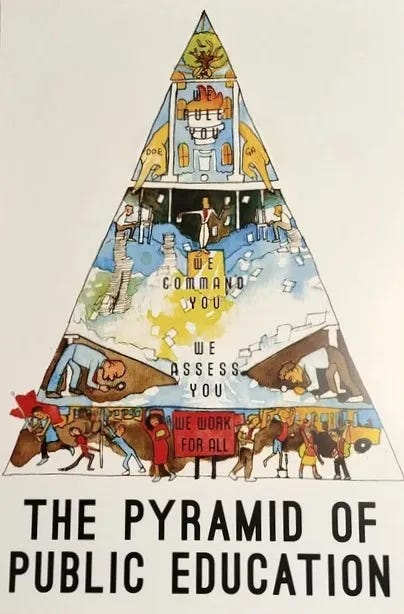
We must attempt to initiate an inquiry of this kind with those poor resources which are at our disposal. We hope to meet in this work with the support of all fellow workers: urban and rural; manual and intellectual. It is us alone who can describe with full knowledge the misfortunes we suffer. Only we—not experts like education researchers, academics, and journalists, or bureaucrats from government agencies—can begin to heal the social ills which we and our communities are prey to. We also rely upon ideological socialists of all schools who, being wishful for social revolution, must wish for an exact and positive knowledge of the conditions in which the working class—the class to whom the future belongs—works and moves.
If you work in education, especially in the DMV (but not limited to it) and are interested in contributing to this series, get in touch! We would love to hear from, and publish, educators we are not already in contact with. Please also feel free to adapt this text or forward it to your coworkers. You can also quickly and easily help us with our workers’ inquiries by submitting responses to these surveys:
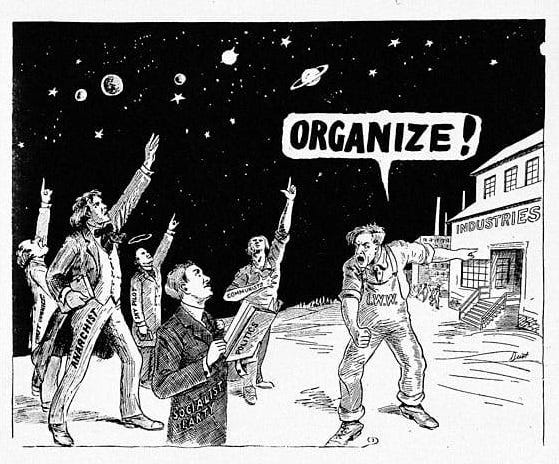
General Questions
- What is your job role?
- Where do you work? What city? What neighborhood? What governmental or non-governmental organizations regulate your workpalce?
- What type of educational institution do you work for?
- public, charter, and private pre-Kindergarten through 12th grade schools;
- post-secondary institutions like colleges, universities, and trade schools;
- libraries and archives, including public library systems, academic libraries at universities and colleges, school libraries in K-12 schools, and special libraries like presidential library museums;
- the Exhibitionary Complex of cultural institutions like museums, expositions, and heritage sites;
- non-profits, foundations, and government departments geared towards education research, funding, and curriculum development;
- corporate and government job training and lifelong learning facilities;
- the amorphous armies of gig tutors and tutoring companies that surround the entire industry;
- and educational technology (edtech) firms;
- Other (please describe).
- How many employees are there?
- How many managers and other employees who are not rank and file hired workers are in the workplace?
- Are you a worker in the building from staffing agencies or on other forms of contract/temporary employment?
- How much time do you lose in your commute? How do you get to work? Can you afford to live in the community you work in? If yes, do you struggle to afford it?
- What are the general physical, intellectual, and moral conditions of life of the working people employed in your trade or industry? How do these conditions affect workers and their communities outside of the workplace?
- Compare the price of the commodities you manufacture or the services you render with your pay. For example, when determining public/public charter school budgets in Washington D.C., each general education student comes with $24,000 in public funds. Special education students $31,000. In the 2023-2024 school year these figures will each increase by 5 percent. Most school staff, especially instructional staff, labor with dozens of students at a time every day. With just 50 students, a classroom teacher in the District is helping produce $1.2 million in human capital. Divide by 180—the usual minimal number of instructional days—and you discover that the average teacher produces more than $6,000 of human capital every day. Their starting annual pay rarely exceeds $60,000 (a daily wage of maybe $300), and even highly experienced teachers max out at $90,000 in a city with one of the highest costs of living in the country. Most teachers around the country make significantly less since DC has the fourth highest teacher pay in the entire United States. Many other school staff members make even less.
Questions for and about Support Staff
- If you are support staff at an educational facility, how would you describe the relationship between instructional and support staff?
- Are there on site maintenance staff or are you hired from outside?
- Are any support staff contracted out or hired directly by the institution you work for?
- If work takes place both night and day, what is the order of the shifts? What communication exists between shifts?
Here, we would insert the relevant “Questions for and about…” section based on which sector of the education industry the person completing the abridged questionarre is employed in. There are five sections of questions for: school workers, post-secondary workers, preschool and daycare workers, library workers, museum workers, and students, patrons, and community members.
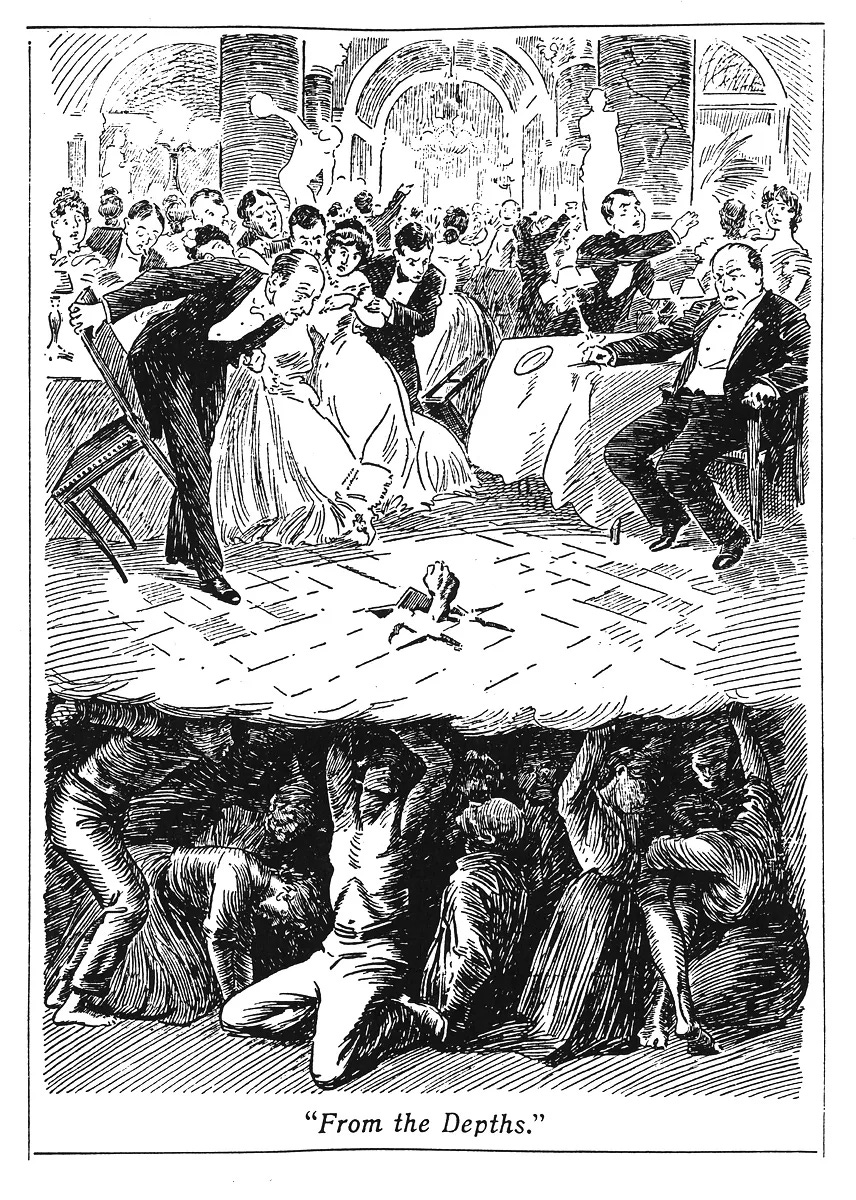
Questions about the Layout and Structure of the Workplace
- How is the labor divided in your workplace? What departments exist?
- When and how are supplies delivered? What companies does the institution contract with? How are utilities like electricity and water delivered to the institution?
- Describe the specialty in which you are engaged. Describe not only the technical side, but the muscular and nervous strain required, and its general effect on the physical and mental health of you and your coworkers.
- Describe the overall production process, including the number of rooms in which the various branches of production are carried on.
- Are there particular hazards which are harmful for the health and produce specific diseases among the workers?
- Describe the hygienic conditions in the workspace; the size of the rooms, space allotted to every worker and student, ventilation, temperature, plastering, lavatories, general cleanliness, noise of machinery, pollution, dampness, and so on.
- Mention the accidents and incidents which have taken place to your personal knowledge.
Questions about the Raw Material and Relationship with the Public
- Are there police officers stationed in or around your school, library, museum, or archive? How do patrons, students, and community members feel about their presence? Workers?
- Does management force you to implement policies you disagree with?
Questions about Scheduling and Work Hours
- How many hours a day do you work? How many days a week?
- Are you paid hourly, or do you receive a salary?
- How many holiday breaks do you get each year? Has the institution’s administration tried to take any away or whittle them down?
Questions about Employment Arrangements and Pay
- How have budget cuts affected the institution in which you work? Have you been affected by the Trump administration’s attacks on federal workers?
- Are wages paid directly by the employer, through the staffing agencies, through some other means?
- How much are you paid for the work you do? Is it enough to live off of?
- What disparities in pay and access to benefits exist between job roles, departments, and individual identity groups? Do these disparities cause frictions between workers?
- What are the salaries of upper management/administration? What bonuses and extra benefits do they seem to receive?
- Have there been any pay raises in your workplace? Do they match up with rises in inflation/prices?
- Have you ever known any rank-and-file workers who could retire from employment at the age of 65 and live on the money earned by them as wage workers. Are there any workers who have come out of retirement, or never retired after 65, in your workplace?
- If you experience any disabilities that affect your daily experience at work, do you receive any of the necessary accommodations? What are the laws on this in your area? What is your pay compared to other workers?
Questions about Resistance and Retaliation in the Workplace
- Are there any cases known to you of workers being driven out from burnout or harassment from supervisors?
- Do any resistance associations like unions or political collectives exist in your workplace or education sector and how are they led? Are they formal or informal? How helpful do you find these unions or political collectives?
- How many strikes and other direct actions by workers have taken place in your trade or industry that you are aware of?
- Were they for the object of increasing wages, or were they organized to resist a reduction of wages, or connected with the length of the working day, or prompted by other motives? To resist charter school laws or gentrification? Something else?
- What were their results?
- What—if anything—have employers done to hinder strikes or other organizing efforts? Have employers ever created their own associations with the object of lowering wages, lengthening the workday, or generally imposing their own wishes?
- Have the governmental bodies regulating your institution acted to impose policies over the opposition of workers?
- What are the laws on free speech (for example: “Critical Race Theory”, Palestine, and other controversial subjects) in your locality? Have education workers been targeted for speaking on these subjects? Has anyone self-censored in response to these laws? Does anyone flout these laws?
- Where are the sympathies of the local community? What resources and support could they provide?
- Any miscellaneous remarks or observations?
Who are the Angry Education Workers?
This is a project to gather a community of revolutionary education workers who want a socialist education system. We want to become a platform for educators of all backgrounds and job roles to share workers’ inquiries, stories of collective action, labor strategy, theoretical reflection, radical pedagogy, and art.
Work in education? Get involved!
Whether you’re interested in joining the project, or just submitting something you want to get in front of an audience, get in touch! Check our post history to get a sense of what we are looking for, but we are open minded to all sorts of submissions. Reach out to angryeducationworkers@protonmail.com or over any of our social media. You can also contact us on the signal by reaching out to proletarianpedagogue.82.
Support Our Work
All our public work is freely available with no paywalls, and always will be. But if you want to help our collective cover the costs of hosting webpages, creating agitprop, and finding research materials, then please donate to us on Ko-fi. With enough support, we can begin sharing the funds among collective members for them to use on various projects and pay others for any work they do for us—such as translating or printing materials.
